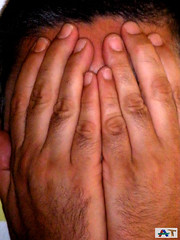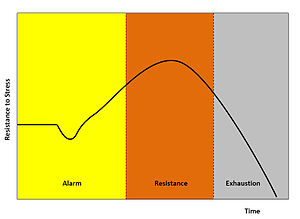 |
| Exercise work zones |
Don't have a fatalistic view about heart disease because so many of your close relatives died young from heart attacks.
Chances are your ill-fated parents or siblings smoked, were overweight, were diabetic with poor sugar control, had elevated cholesterol levels, and rarely exercised.
Genes are only part of the story. Regardless of your genetic vulnerability, correcting any obvious abnormalities will improve your outlook considerably.
Regular exercise. Regular exercise that's sufficiently rigorous protects the coronary arteries.
However, you've got to pay attention to the other risk factors as well. Dr. William Castelli, the director of the Framingham Heart Study, estimates that half the doctors running in the Boston Marathon have abnormal cholesterol levels—and don't know it!
You're most likely to stay with your exercise program if you enjoy it. Few people will continue for very long with a regimen that they find boring. Brisk walking for thirty minutes a day or vigorous gardening are enough.
If you prefer, you may also run, jog, dance, bike, or swim, provided your doctor has cleared you to do so.
Walking briskly for about three miles (you can pick any other form of exercise) was found to reduce the risk of a heart attack by 64 percent in male Harvard alumni. (Graduates of Princeton, Yale, and Cornell can probably expect the same good results.)
Aerobic exercises Aerobic exercises such as walking or running (as opposed to stretching and weight-lifting) exert their beneficial effect in several ways:
- they lower your resting heart rate and blood pressure, thus easing the burden on your heart;
- they reduce cholesterol and triglycerides
- raise the good lipoproteins and lower the bad lipoproteins;
- they drop the blood sugar in diabetics;
- they help prevent osteoporosis;
- they decrease the proportion of body fat; they reduce stress and improve mood.
- All in all, exercise is a good prescription against heart attack.
Besides improving your physical health and increasing your longevity, exercise can have short-term and long-term psychological benefits. Physical activity can reduce symptoms of anxiety and depression and improve mood and well-being.
What are your thoughts? Leave your comments below.









